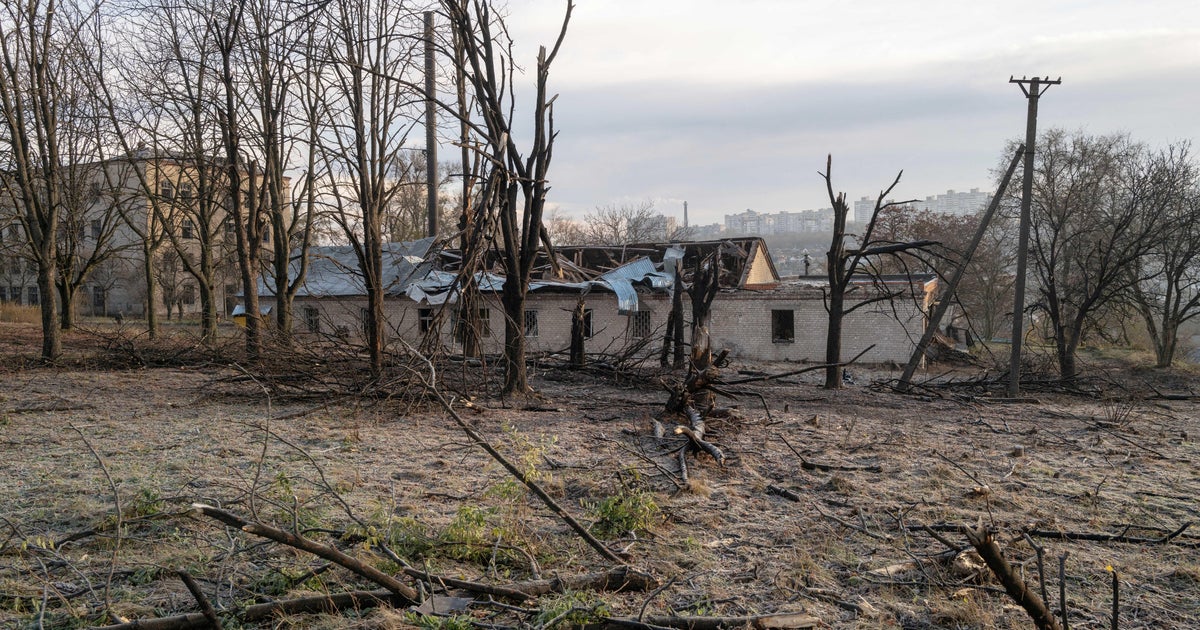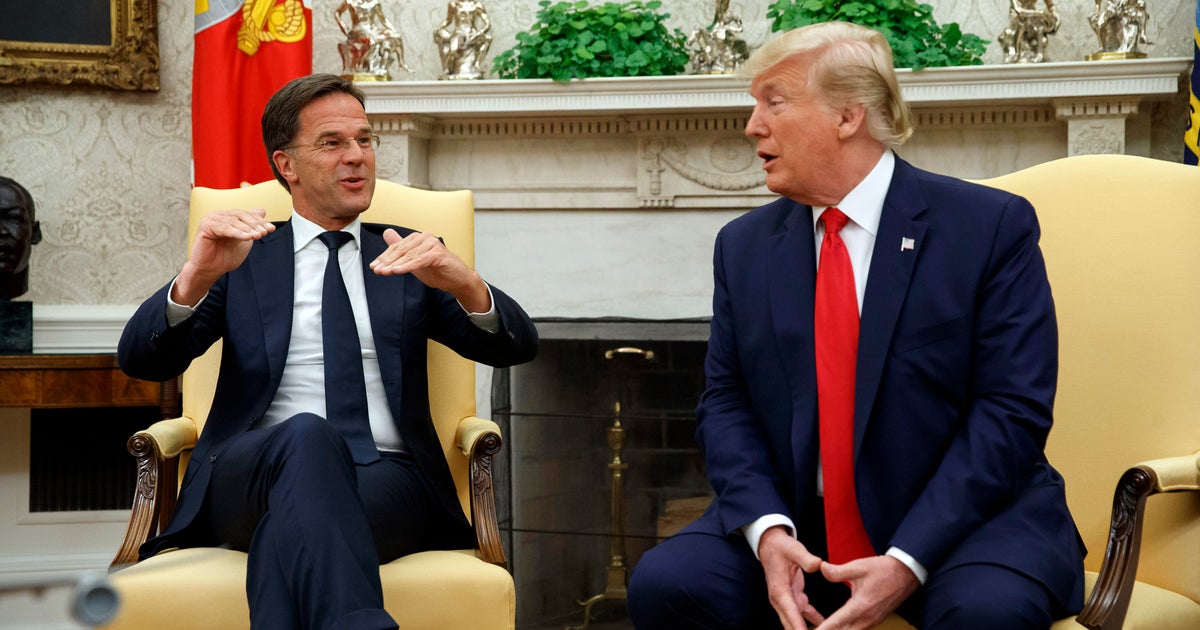NATO announces massive increase in high-readiness forces as Russian military pushes further into eastern Ukraine
NATO Secretary General Jens Stoltenberg announced Monday, ahead of of a gathering of NATO leaders in Madrid on Tuesday, that the alliance's high-readiness forces will significantly increase to over 300,000 from 40,000, and that more troops will be sent to the member countries bordering Russia.
The nearly eightfold increase comes amid Moscow's continuing invasion of Ukraine, where Russian forces have pushed deeper into the eastern Donbas region and are poised to make additional gains.
Over the weekend, Ukrainian president Volodymyr Zelenskyy addressed Western leaders who had gathered for the G7 summit in Munich, Germany, renewing requests for heavier weaponry to confront Russia's forces, including anti-aircraft defense systems. In a virtual address, Zelenskyy said he wanted to end the war by the end of 2022.
Briefing reporters after the address, national security advisor Jake Sullivan said Zelenskyy told the summit the Ukrainian leader believed a "grinding conflict is not in the interest of the Ukrainian people."
Of the NATO's priorities — set to be outlined in the Strategic Concept, a document seeing its first update since 2010 — Stoltenberg said Russia will no longer be characterized as a strategic partner, but as "the most significant and direct threat to our security." For the first time, China will be addressed as a challenger to the alliance's security interests.
The document will "also cover our evolving approach to...terrorism, cyber and hybrid" threats, Stoltenberg said. He outlined forthcoming changes to the alliance's capabilities, including more pre-positioned equipment and supplies.
"Together, this constitutes the biggest overhaul of our collective deterrence and defense since the Cold War," the NATO chief said, adding that NATO investments are set to increase across its membership for the eighth consecutive year.
Allies will agree on an additional comprehensive assistance package for Ukraine and put in place a plan to transition its forces from Soviet-era equipment to "modern NATO equipment," he said.
Zelenskyy, along with representatives from Australia, Japan, New Zealand, South Korea, Georgia and the EU will participate in the summit.
And senior officials from Finland, Sweden are meeting with Turkey in Brussels for continued talks Monday about accession to NATO; the leaders of all three will meet in Madrid Tuesday, although no breakthrough is expected before the summit.



